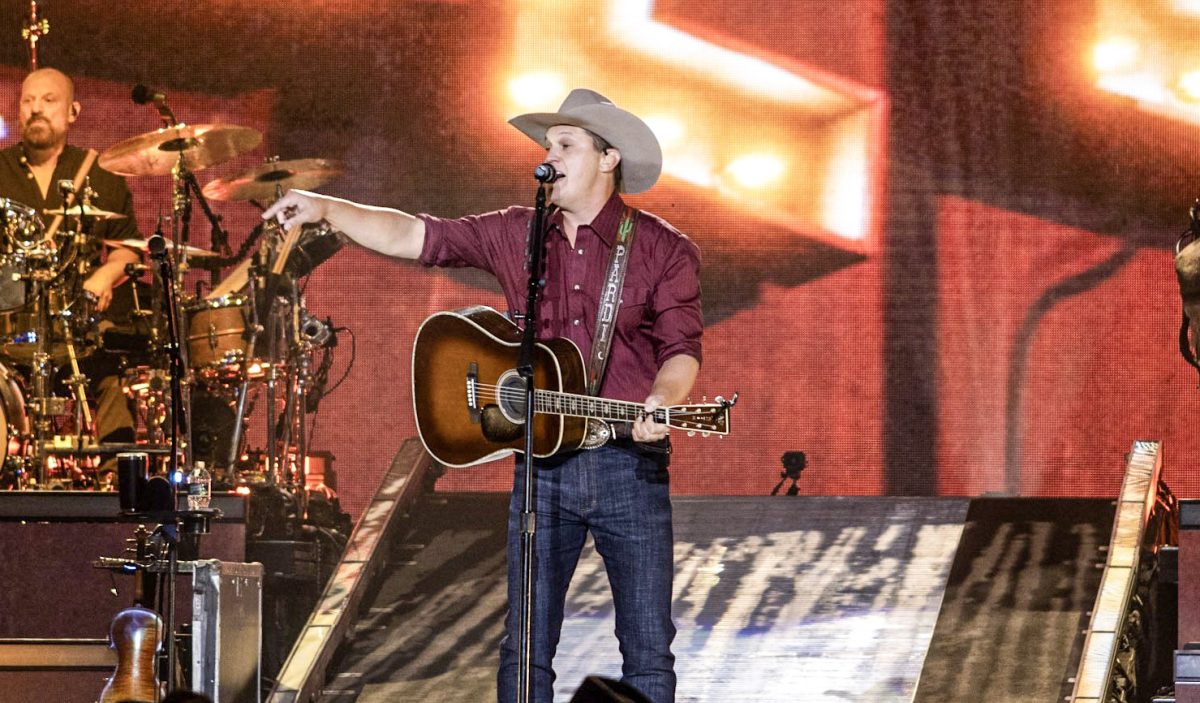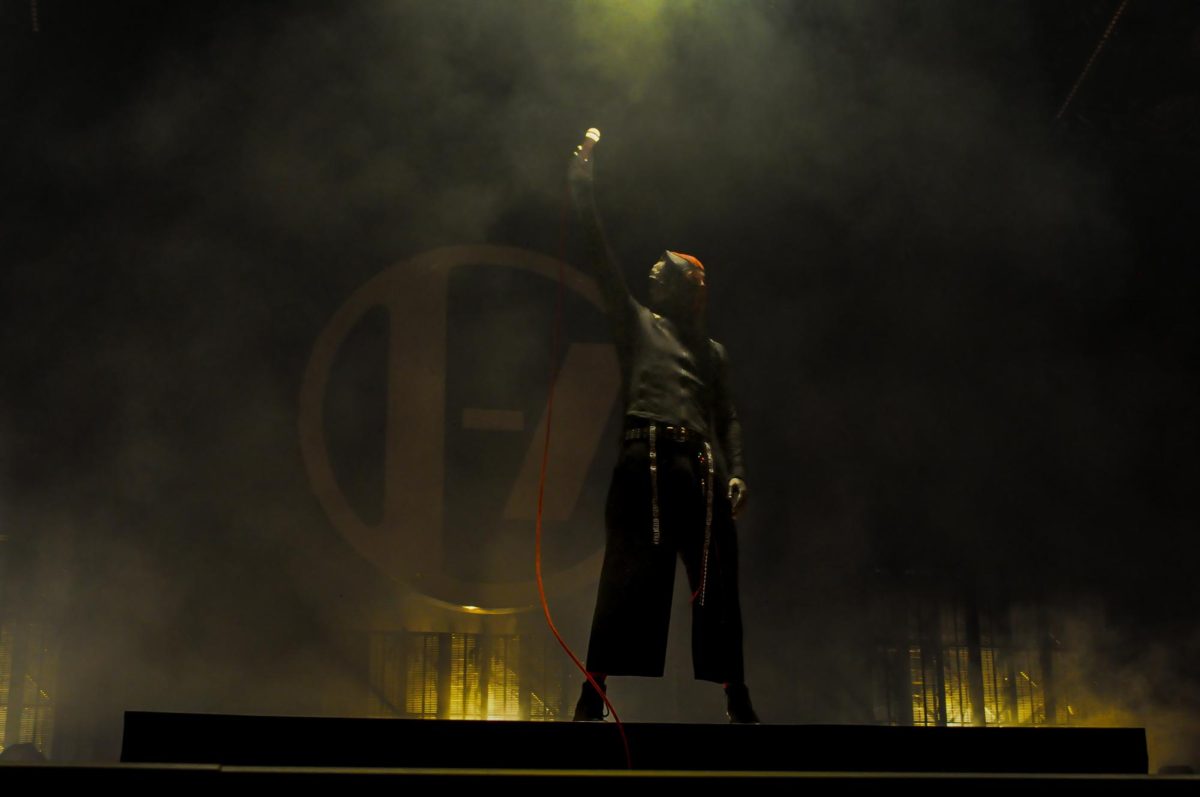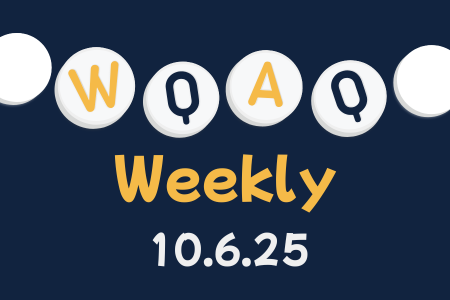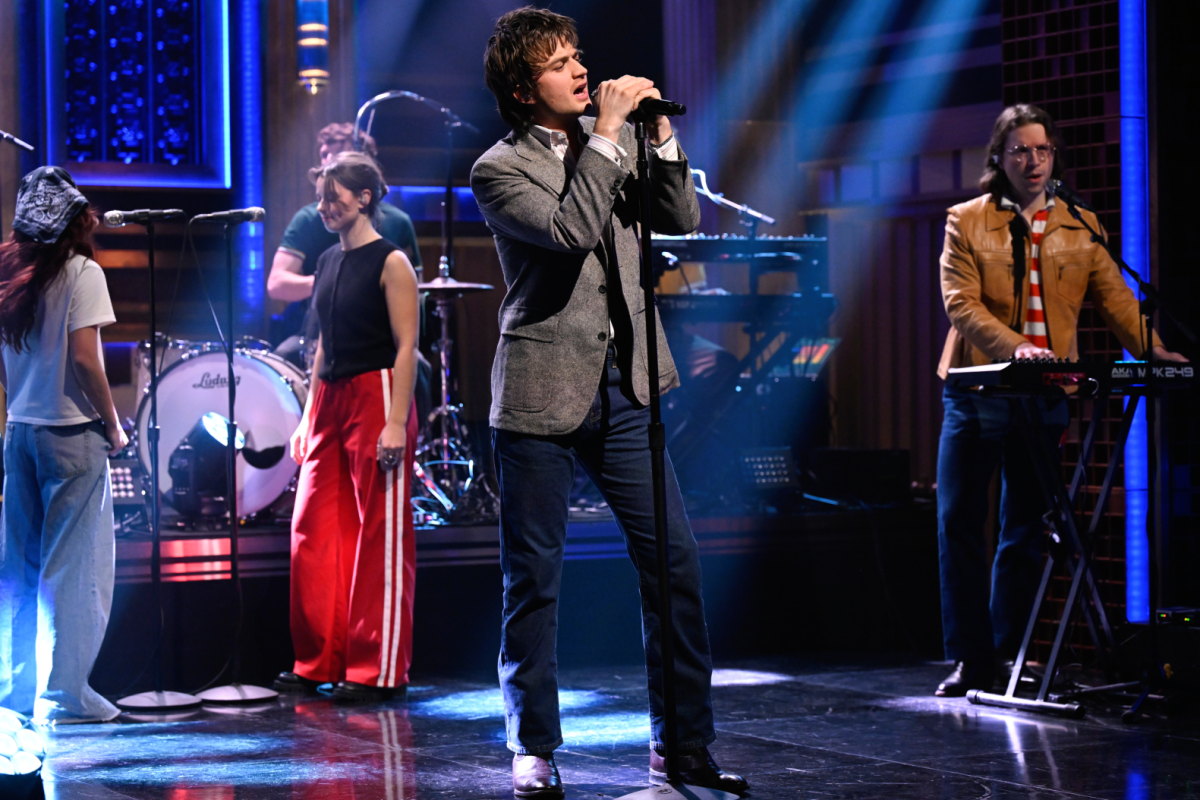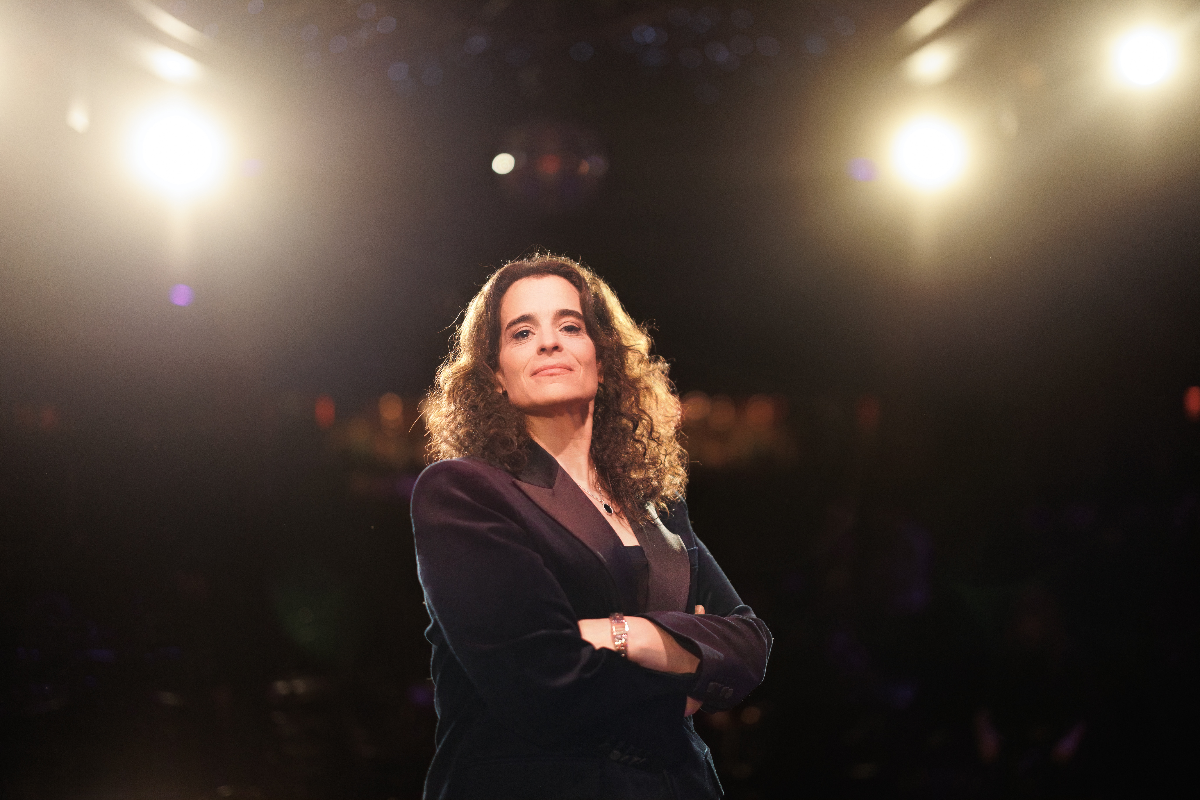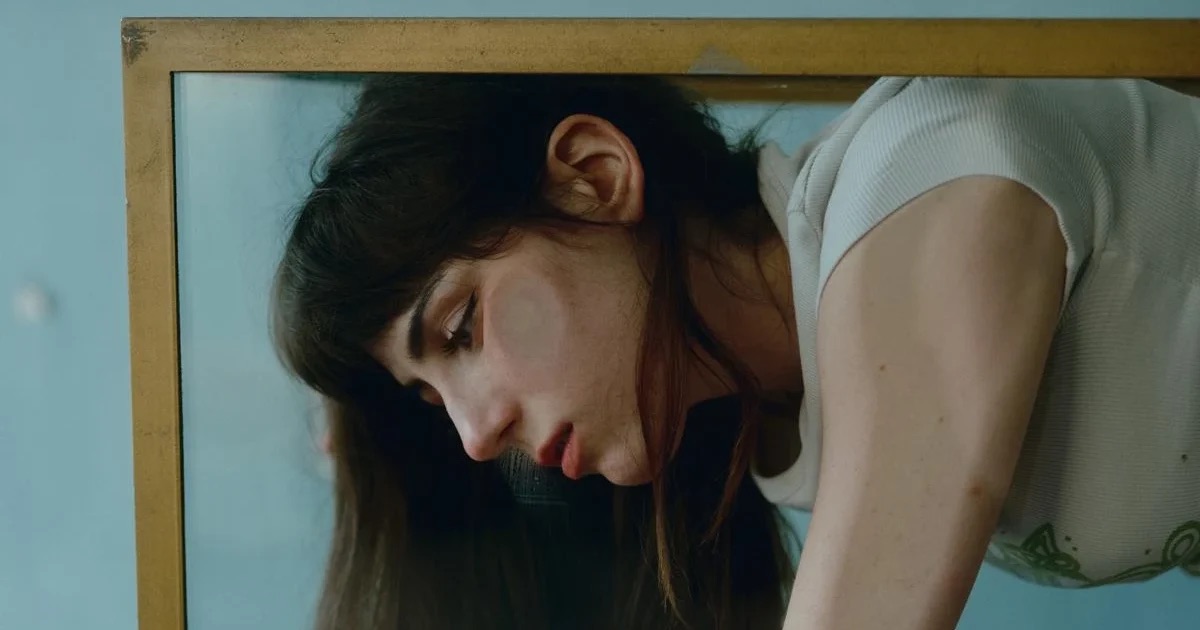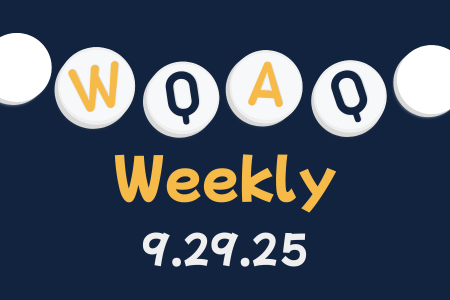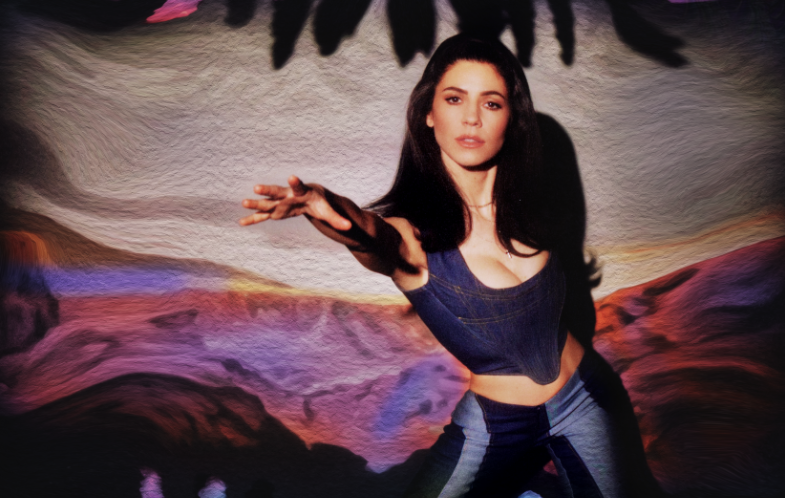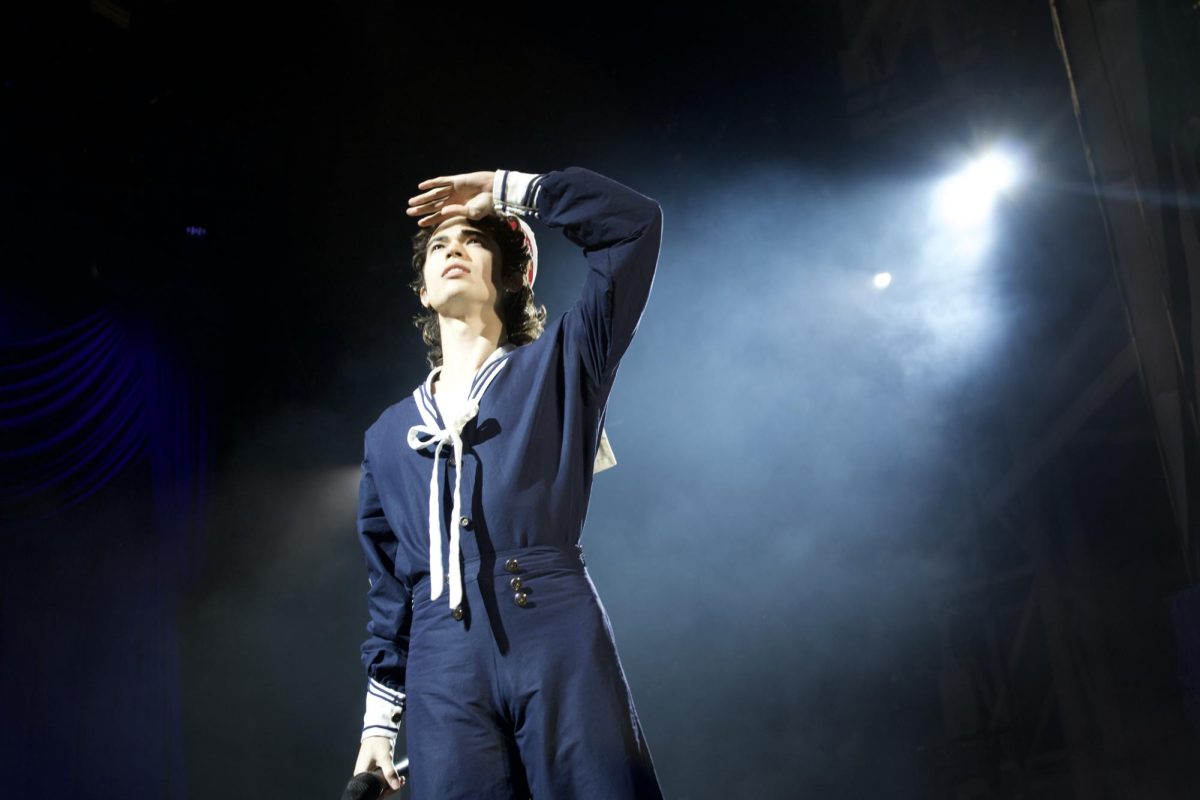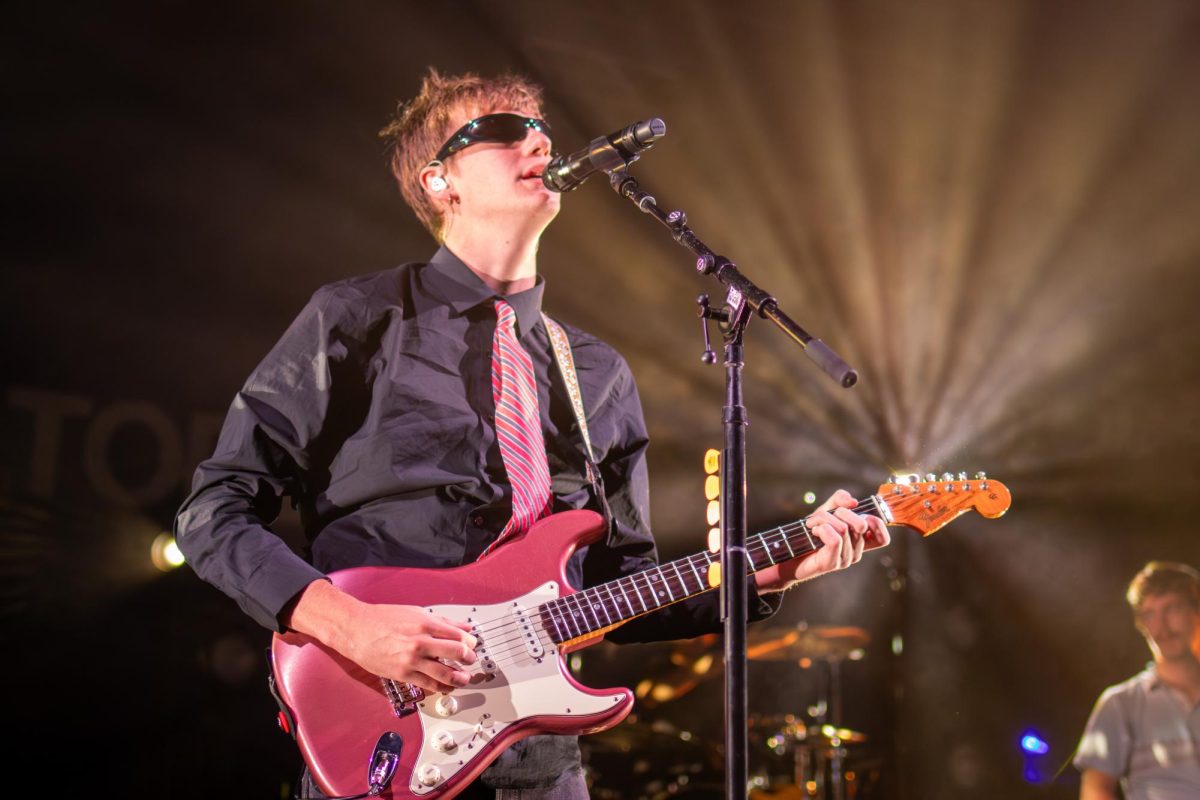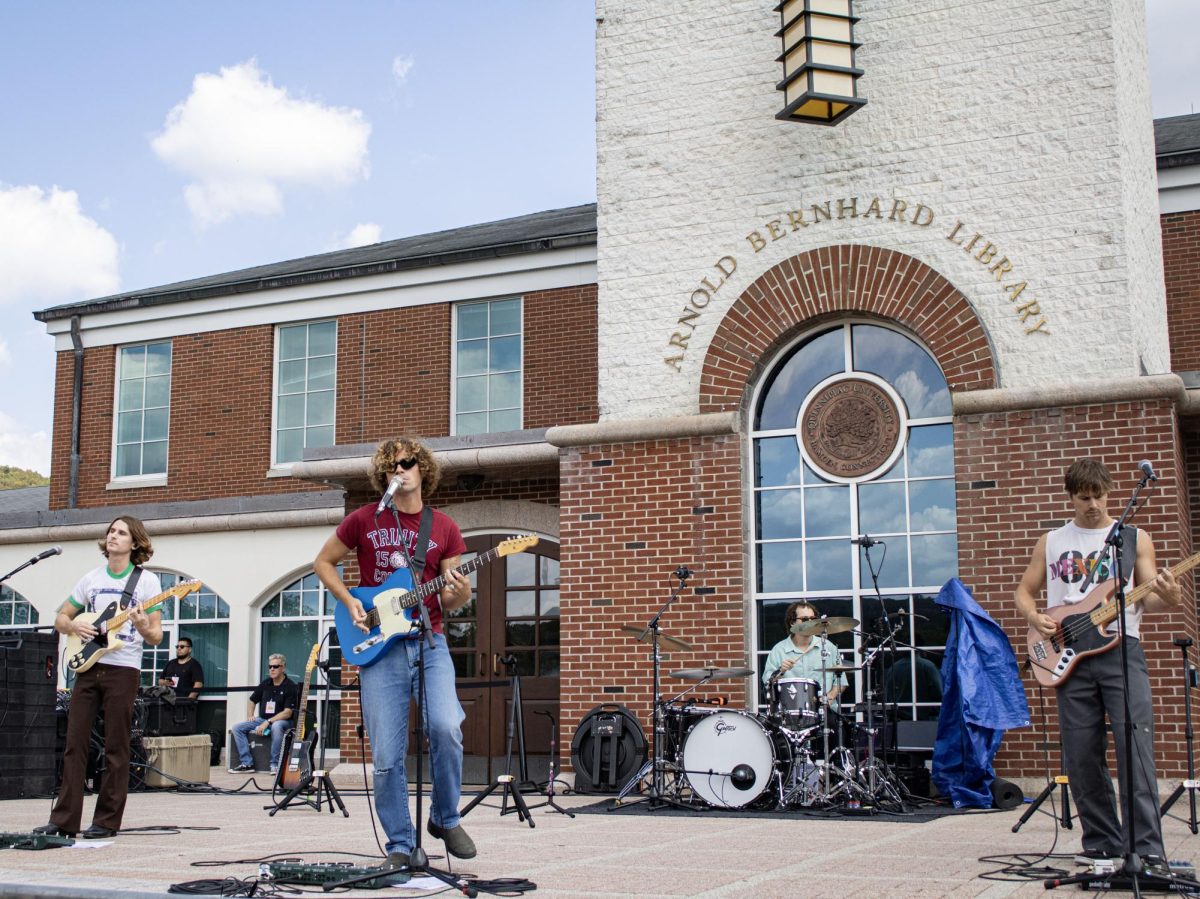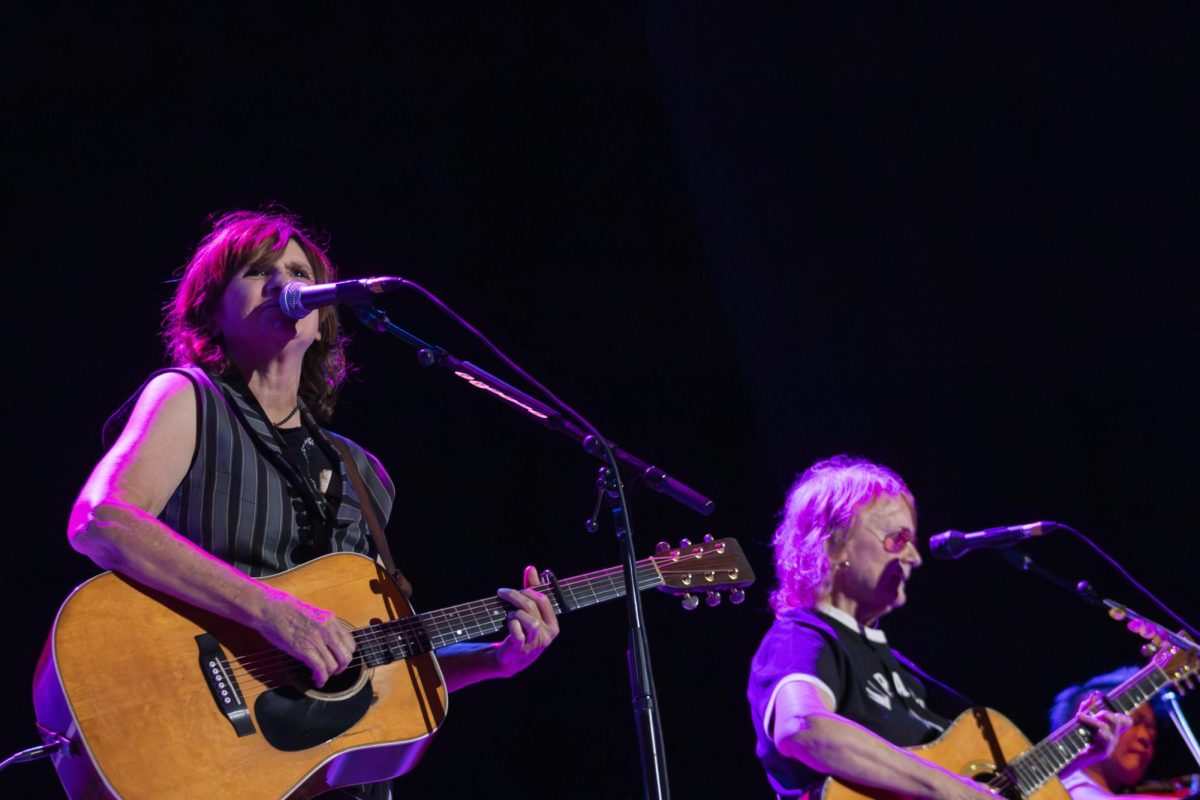Lachi is a singer, songwriter, performer, producer, author, disability activist, and advocate for all those who may not have a voice in the music industry. Not only has she gained millions of streams across her songs and made it onto national charts, but she has also been featured in Forbes, The New York Times, Billboard, and many more.
Sasha Karzhevsky, the Programming Manager at WQAQ, was given the opportunity to interview Lachi.
Karzhevsky wanted to know about the struggles of being a disabled artist in such a cutthroat industry, one that has a history of having premeditated expectations of mainstream artists. She asked, “What would you say to the people who believe ‘you need to have a certain look’ to be successful in the music industry rather than believing talent is what matters, not someone’s appearance?”
Lachi responded, “I never really understood the ‘look’ argument in music, but alas. The statement goes beyond disability, and incorporates gender, class, and, frankly, race as well.”
For decades, there has been a significant amount of discrimination and prejudice in the music industry. BBC News states that “six in ten black music creators have experienced racism while 86% say they have faced barriers to their career because of their race.”
Mainstream media puts a specific image at the forefront of our social media feeds and entertainment. Lachi is one of the artists who is tearing the wall down to help other artists break that barrier between talent and appearance.
When asked about the music industry’s preferred image, Lachi stated, “The hard truth is that the statement is peddled downward to create scarcity, and anyone who truly believes it, has been sold scarcity. The older I get, the more I embrace my blackness and celebrate my disability through my looks, my music, my art, literally the more money I make. Stop believing that you are what’s wrong, because you, the whole unapologetic you, is what’s right.”
Lachi is also the founder of the organization RAMPD, Recording Artists and Music Professionals with Disabilities. According to the organization’s website, “RAMPD’s mission is to amplify disability culture, promote equitable inclusion, and advocate for accessibility in the music industry.”
When asked about what can be done to improve diversity, inclusion, and accessibility in the music industry, Lachi responded, “From disability-inclusive hiring practices within internal staff to disability-inclusive talent bookings and billings, and to accessibility-first events (for the ticket buyer, patron, and performer), there are many low-hanging ways the music industry can work with the disability community to embrace a culture inclusive of disability.”
She added, “There simply needs to be intention and grace. RAMPD.org has grown to be a great partner for folks in the industry (from firms to venues to organizations to labels and agencies) to begin the work seamlessly.”
Why has it taken so long for individuals in the music industry to recognize artists with disabilities and for the world of music to adapt to the needs and inclusion of diversity? In 2021, according to the Pew Research Center, 42.5 million Americans had at least one disability, making up 13% of the civilian population.
As a society, we have made so much progress in other areas of inclusion. However, there are still forgotten individuals who need just as much help.
“I believe folks with disabilities need to start being the people in power. Representation at all levels in all industries, from the mailroom to the boardroom, is how we start to see integrated and impactful change. The truth is, if people don’t experience disability in their everyday lives, they don’t think about accessibility. This is why I work to infiltrate music and general media with disability stories and narratives,” Lachi stated.
Karzhevsky asked Lachi what we could do to help spread her message. Lachi responded, “We’re doing a lot of really cool major projects, creating high-quality pop art celebrating disability culture! Please connect with me and the team on all socials at @lachimusic and find my latest appearances at www.lachimusic.com.”
She continued, “If you’d like to go a step further and support even more artists, or get to know more industry folk, with disabilities, neurodivergence, and other chronic conditions, or you are a music industry firm looking to up your accessibility/disability inclusion game, check out RAMPD at www.rampd.org. Having worked with folks like the Grammys and Netflix, RAMPD connects the music industry to music professionals with disabilities, is a search platform, offers consulting, releases projects, and promotes visibility.”
You can find Lachi’s music on all streaming platforms, including Spotify.



